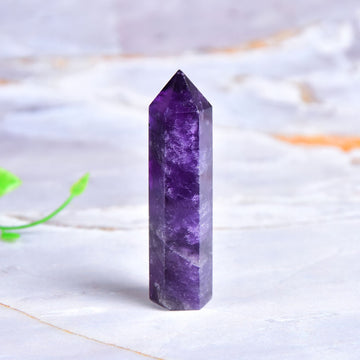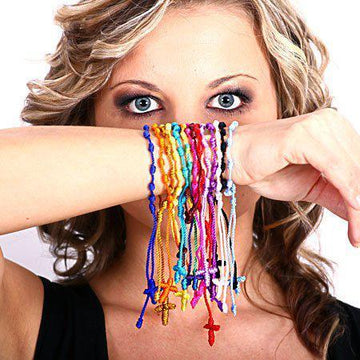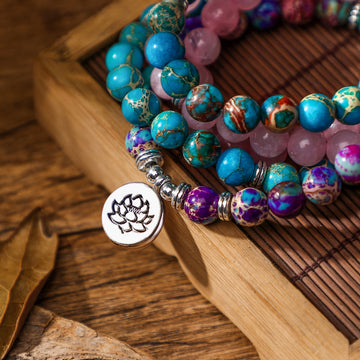The term “self care” has become mainstream to the point where there tends to be a gray area where people aren’t sure where the concept begins or ends. True self care requires mindfulness and participating in activities that benefit your mental, physical, and spiritual well-being, in purposeful ways, such as through consistent exercise, a healthy diet, and a regular Meditation practice. These may be coupled with other indulgences like a bubble bath or a walk outside, but the root of those are still planted into the action of showing love to yourself in all ways.
Both self care and destructive self care look different depending on the person and their current journey. Negative self-talk tends to occur once the intention of self care leads to increased anxiety or other physical and emotional problems. Knowing the difference between constructive self care techniques and ways you may start to spin into a destructive downfall is important, because your mental health may be at risk.
Nourishing the Body vs. Indulging in Guilty Pleasures
The idea of indulging in a favorite comfort food or sweet treat often feels like good self care and it can be, in moderation. However, when it becomes a regular routine, these guilty pleasures have the opposite effects of what they were meant to do. Instead of being something that brings you happiness or helps you to relax and reduce stress, this behavior can quickly be self-sabotaging. It can start to become a crutch and lead to future problems with your health and how you feel.
Healthy eating, on the other hand, is giving your body the vitamins and nutrients it needs to function at an optimal level. Eating foods that promote bone strength, heart health, and a strong immune system are far more favorable in the long run than the pint of ice cream that felt like self care at the time. It may satisfy your sweet tooth, but it is often just a short-term distraction that doesn’t hold any health benefits that can help you long-term.
Taking Intentional Timeouts vs. Settling for Mindless Breaks
Taking time for yourself is one of the most important fundamentals of self care, but for it to be constructive, it must be intentional. Think about the ways you unwind after a stressful day. A long walk outside or a bubble bath filled with essential oils are beneficial for your physical and mental health. Scrolling through social media, unfortunately, is not.
Even though the mindless act of looking through images and reading articles online may seem like a harmless way to take time for yourself, studies show that increasing time spent online leads to higher levels of anxiety, trouble sleeping, and other negative health effects. Plus, it’s not being purposeful for taking care of your health and well-being. Try to be mindful of how much time you spend on your smartphone or laptop and think of other ideas you can swap these breaks with, such as meeting a friend for a chat, exploring a different area of town, or reading or coloring quietly.
Saying “No” When Necessary vs. Agreeing Without Purpose
Part of self 4care is about action, but another part is about elimination. Identify what parts of your life that you can make a change to that will bring you a greater sense of peace. If you say “yes” to every occasion or favor, it can quickly drain your energy and burn you out. However, saying “no” can also become destructive when you’re not engaging in social situations at all. Be thoughtful about all aspects of your life and you will start to learn where saying “no” or cutting back makes sense and will bring lightness to your life versus feeling dread or regret.
For example, are you currently agreeing to go to activities or events you’re not that interested in or spending money in areas where you don’t receive much in return? This can easily make you feel anxious about the next invitation or your dwindling bank account, if you don’t take stock in what you are agreeing or disagreeing to on a regular basis. Being purposeful in your decisions and honoring your time is one of the best ways to practice self-care.
Finding a Balance Is Key
Life is all about finding balance. By implementing regular self care habits, you’ll find it easier to choose positivity in the future and notice when anything self-destructive starts to slip in. The occasional treat or scroll through social media isn’t going to become your demise, but without a deeper connection, it can lead that way without you realizing it. The next time you want to do something that you consider self care, stop a moment to think why you want to do it and if you feel enriched with your body, mind, and spirit after you’re through.
Invest in yourself by taking care of your health on all levels and tune into what you need. Sometimes it’s deeper than what a quick fix can take care of and until you realize what it’s missing to feel better connected and more balanced, your attempts at self care will always feel somewhat lacking.



































